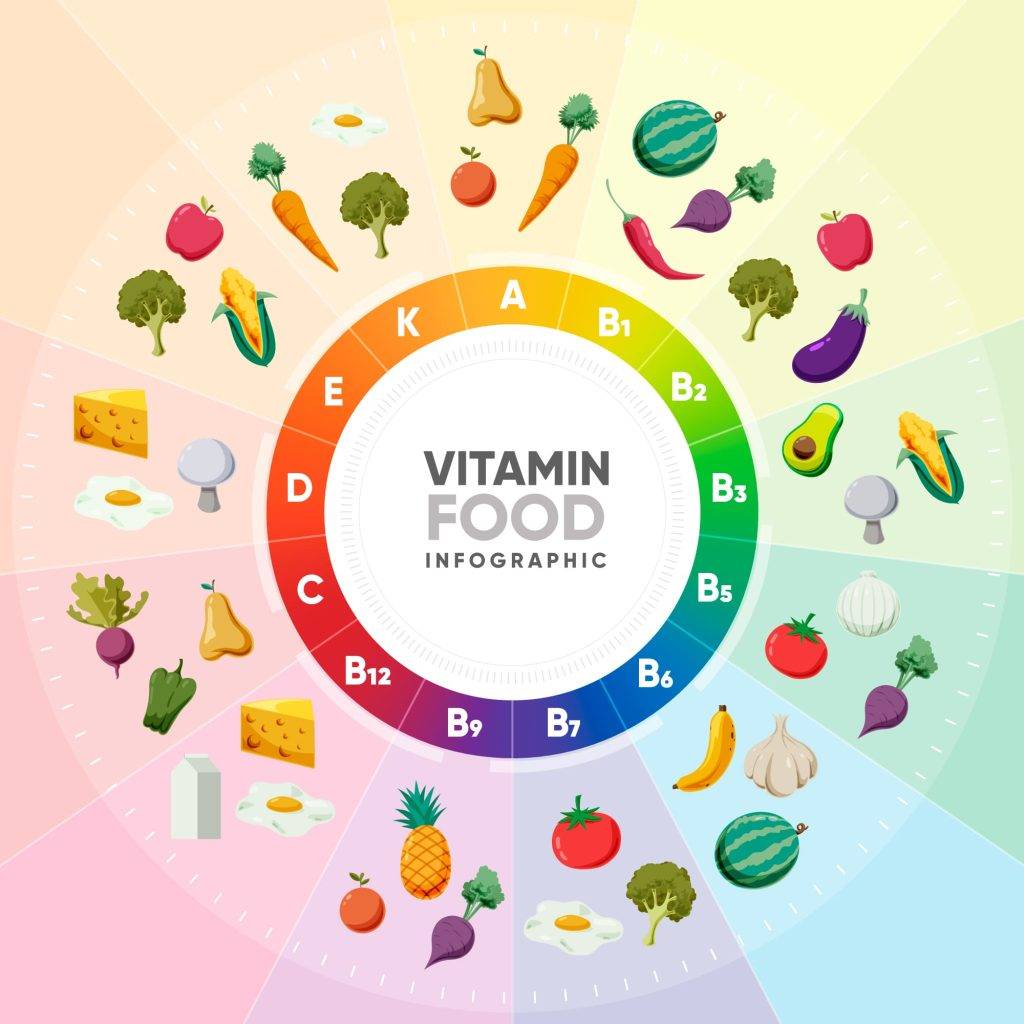

Additionally, animal products like meat, fish, and dairy are primary sources of B vitamins, especially vitamin B12, essential for red blood cell formation and neurological health. Fatty fish such as salmon are abundant in vitamin D, promoting calcium absorption and supporting bone health. Eggs are a great source of biotin, which plays a vital role in metabolism. By incorporating a diverse range of these natural sources into one’s diet, individuals can ensure they receive the full spectrum of vitamins necessary for optimal health and well-being.

Excessive vitamin intake, especially fat-soluble vitamins (A, D, E, K), can lead to toxicity. This can cause various health issues. It’s essential to follow recommended doses and consult a healthcare professional for personalized advice.